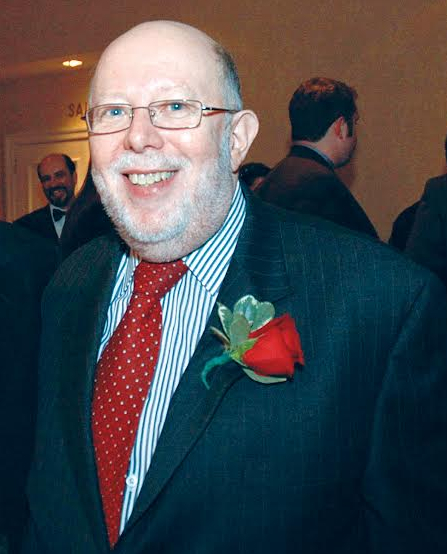Kings Inn troupe to stage blizzard-delayed ‘Movie Night’ on March 4
Chuck Otey's Pro Bono Barrister

A Look at What Lawyers Can Learn from ‘My Cousin Vinny,’ ‘Anatomy of a Murder’ and ‘The Verdict’
When the almost-great Blizzard of 2015 struck a few weeks back, the Kings County American Inn of Court, led by President Dave Chidekel, was forced to cancel its CLE-accredited “Night at the Movies” performance.
We’ve learned, from a well-placed source, that the adjourned session will now take place on March 4 at Brooklyn Bar Association (BBA) Headquarters, 123 Remsen St.

Brooklyn Boro
View MoreNew York City’s most populous borough, Brooklyn, is home to nearly 2.6 million residents. If Brooklyn were an independent city it would be the fourth largest city in the United States. While Brooklyn has become the epitome of ‘cool and hip’ in recent years, for those that were born here, raised families here and improved communities over the years, Brooklyn has never been ‘uncool’.